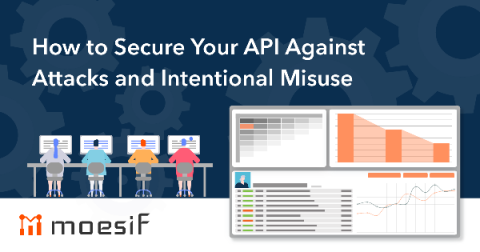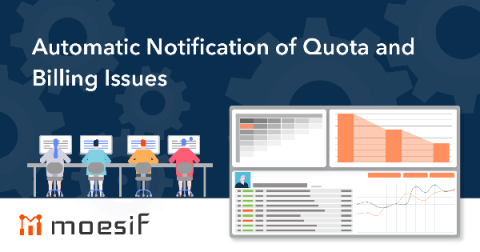Podcast with Okta on Best Practices for Developer Experience
Joining us today are two senior executives from Okta, the Identity and Access Management Service, that you’re probably already using given all of the work from home stuff going on. In a rolling discussion we cover product manager and DevEx best practices, including: making developers successful through compassion & not just empathy, how to end of life an API, why storytelling’s important across the whole company, what the different roles are in the DevEx universe, and many more.











